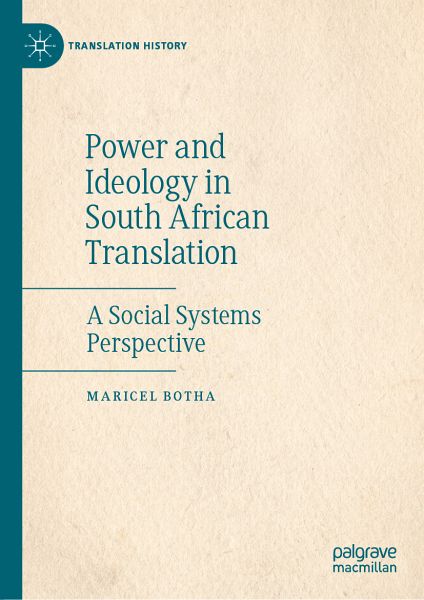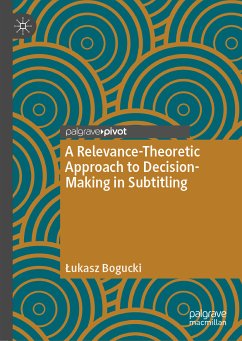
Power and Ideology in South African Translation (eBook, PDF)
A Social Systems Perspective
Versandkostenfrei!
Sofort per Download lieferbar
80,95 €
inkl. MwSt.
Weitere Ausgaben:

PAYBACK Punkte
40 °P sammeln!
This book provides a social interpretation of written South African translation history from the seventeenth century to the present, considering how trends involving various languages have reflected ideologies and unequal power relations and focusing attention on translation's often hidden social operation. Translation is investigated in relation to colonial mercantilism, scientific knowledge of extraction, Christian missionary conversion, Islamic education, various nationalisms, apartheid oppression and the anti-apartheid struggle, neoliberalism, exclusion and post-apartheid social transforma...
This book provides a social interpretation of written South African translation history from the seventeenth century to the present, considering how trends involving various languages have reflected ideologies and unequal power relations and focusing attention on translation's often hidden social operation. Translation is investigated in relation to colonial mercantilism, scientific knowledge of extraction, Christian missionary conversion, Islamic education, various nationalisms, apartheid oppression and the anti-apartheid struggle, neoliberalism, exclusion and post-apartheid social transformation by employing Niklas Luhmann's social systems theory. This book will be an essential resource for scholars, graduate students, and general readers who are interested in or work on the history and practice of translation and its cultural agents in the South African context.
Dieser Download kann aus rechtlichen Gründen nur mit Rechnungsadresse in A, B, BG, CY, CZ, D, DK, EW, E, FIN, F, GR, HR, H, IRL, I, LT, L, LR, M, NL, PL, P, R, S, SLO, SK ausgeliefert werden.












